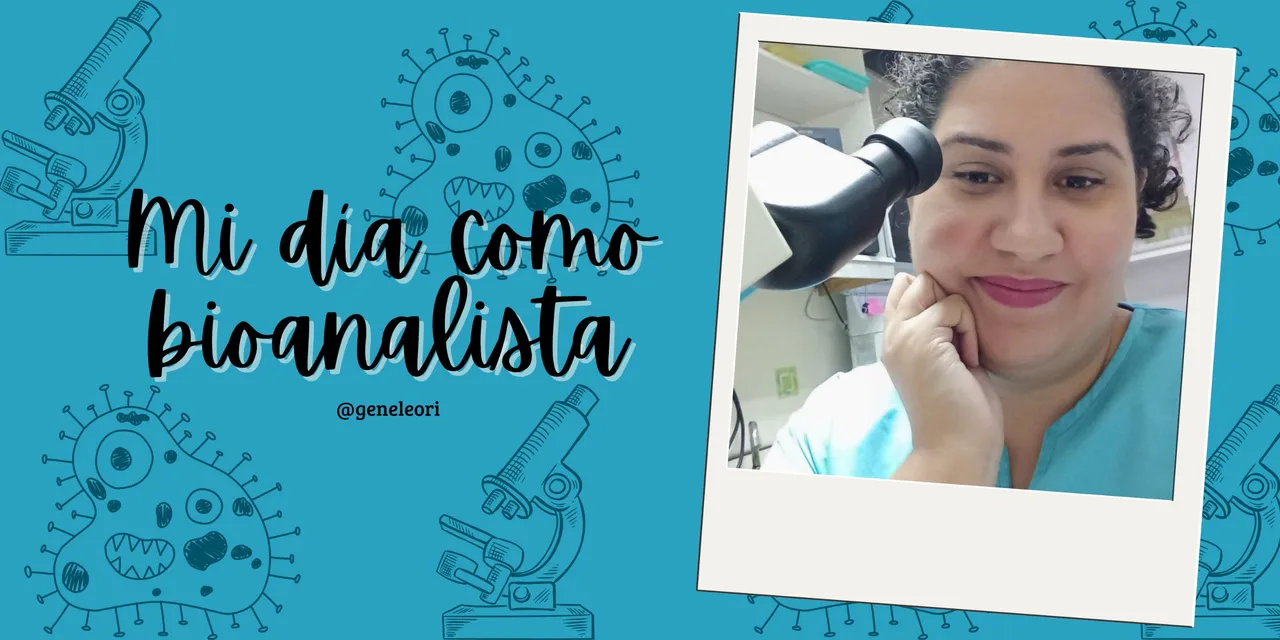
¡Hola hivers!💜
Espero que se encuentren bien y felices. Mayo fue un mes bastante movido porque me dediqué a hacer muchas cosas mientras que junio está trayendo muchos cambios. Como algunos saben soy licenciada en bioanálisis y no ejercía desde la pandemia, asi que como en mayo tuve algo de tiempo libre decidí darme una vuelta por un laboratorio en el que trabajé antes y refrescar mis conocimientos.
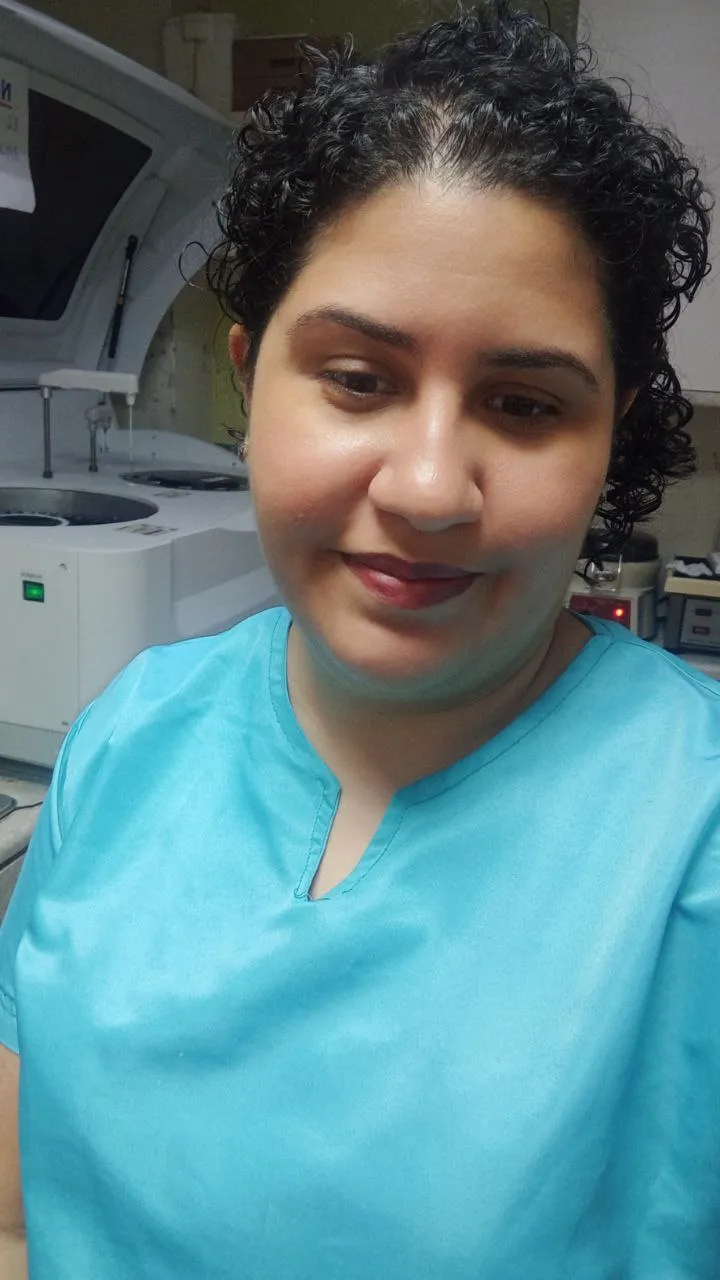 | 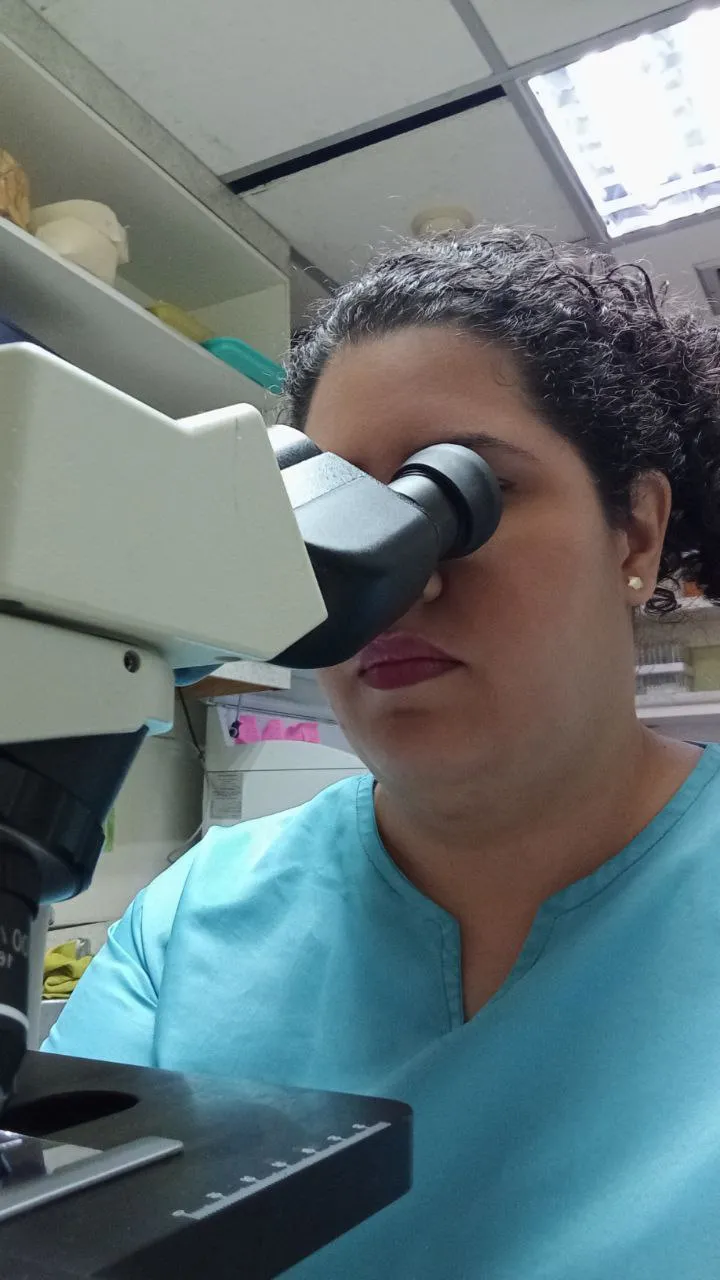 |
|---|
Por si no te suena el nombre, los bioanalistas (que en algunos países llaman biomédicos, biotecnologos o hasta microbiólogos) se dedican al estudio de fluidos biológicos, como sangre, orina, heces, líquido cefalorraquídeo, esputo (mi menos favorito), entre otros. A partir de esos estudios los médicos pueden llegar a muchos diagnósticos y por supuesto dar el tratamiento correspondiente a sus pacientes. Así que es muy importante.
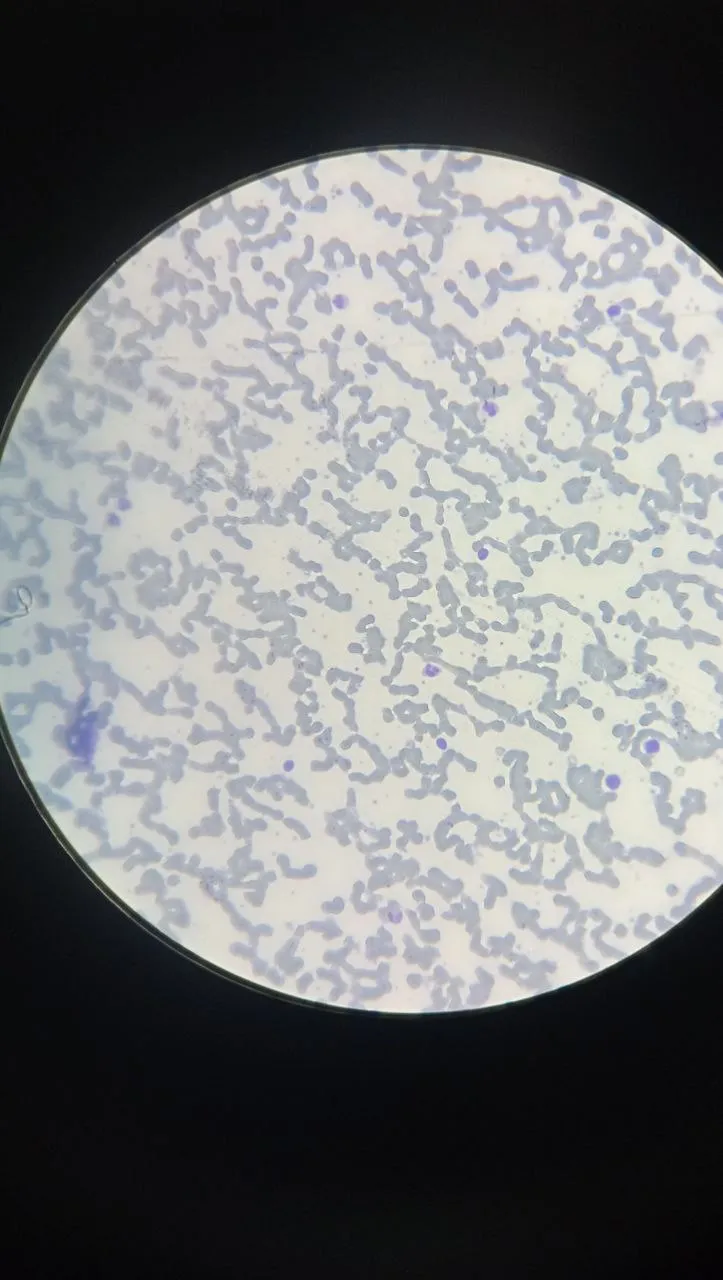 | 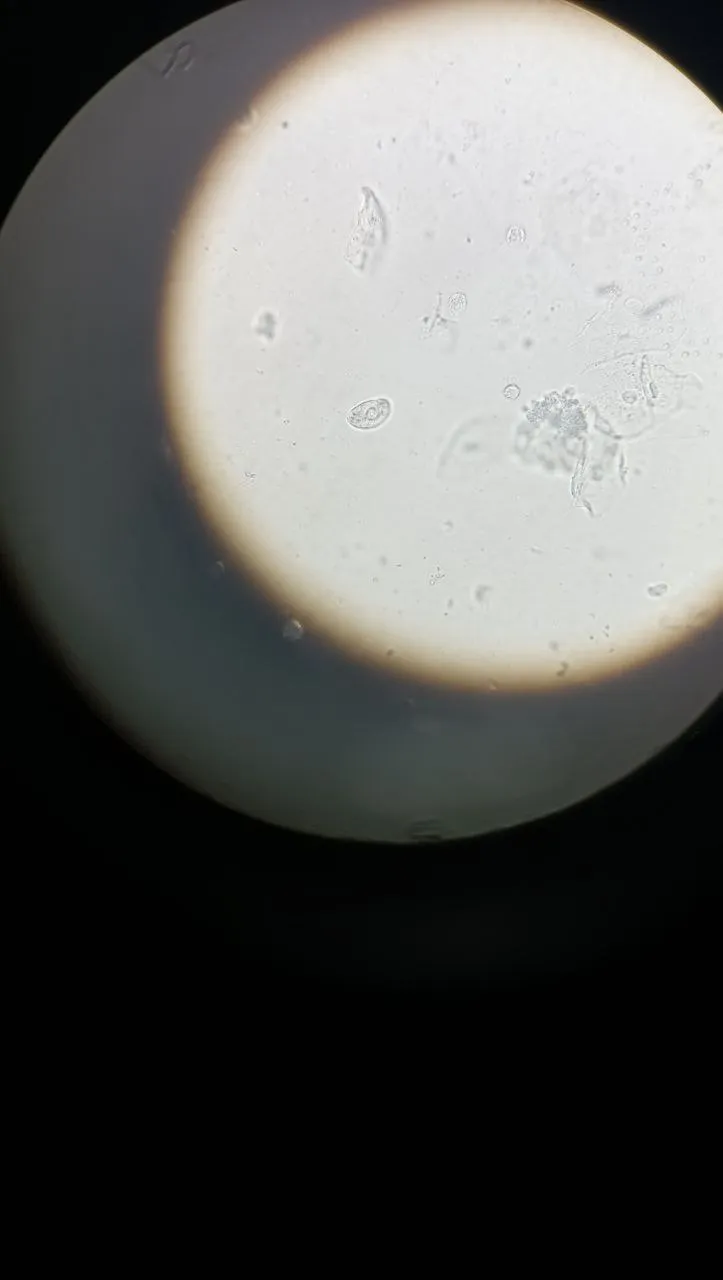 |
|---|
Estos días en el laboratorio fueron geniales. Recordé porque amo mi carrera, el estudio del mundo microscópico es algo fascinante. Este es un laboratorio con áreas básicas como hematología (que estudia la hemoglobina y células sanguíneas), bioquímica (que estudia biomarcadores), inmunología (que estudia hormonas), uroanálisis (que estudia la orina) y coprología (que estudia las heces). Aun así, me enfoque en el área de hematología viendo las células sanguíneas y en el área de bioquímica, donde se estudian reacciones para determinar niveles de muchos biomarcadores como la glicemia (azúcar en sangre), colesterol, triglicéridos, entre otros.
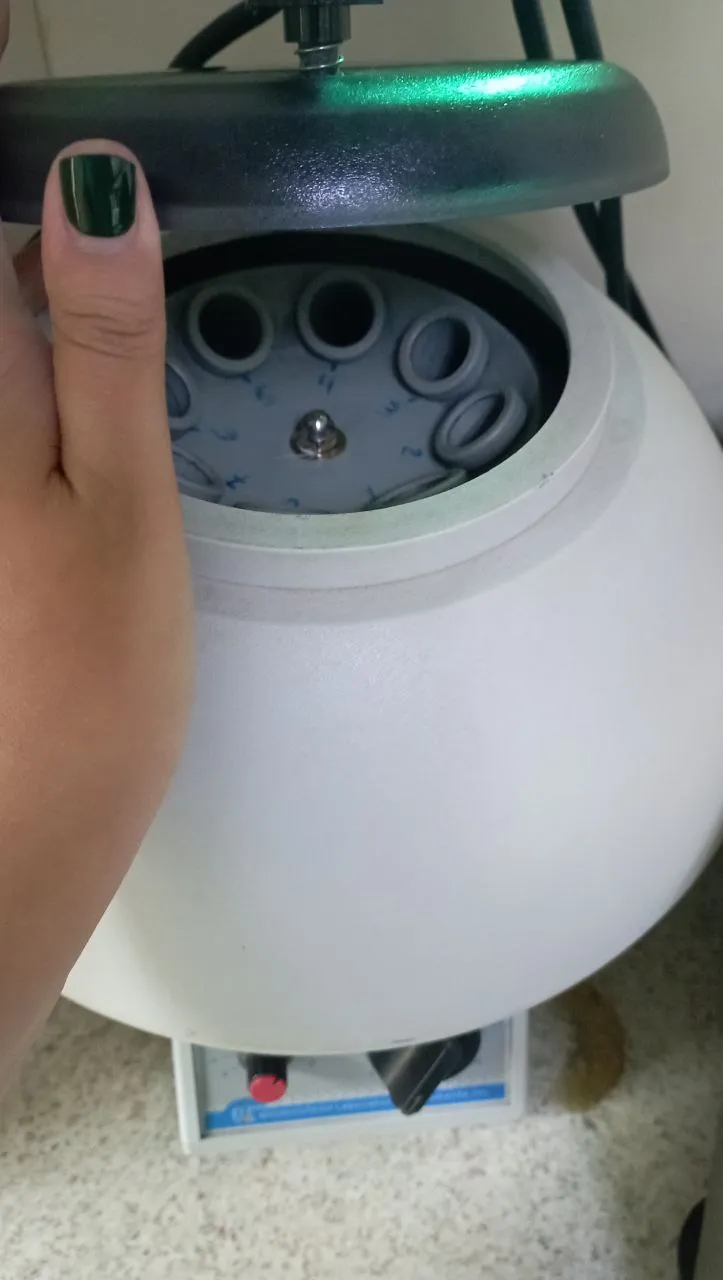 | 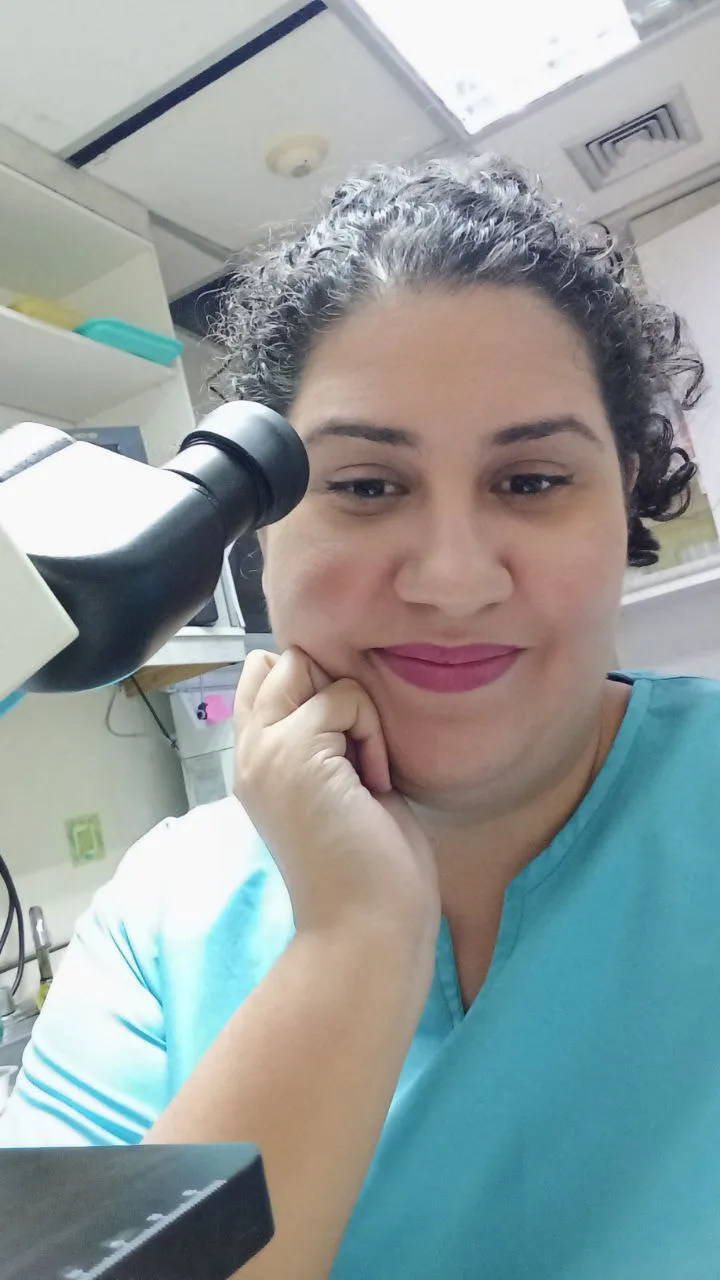 |
|---|
Fueron días muy divertidos y bastante movidos. No se trata sólo de procesar muestras, es también enlazar los síntomas que te indica el paciente con los resultados que estás obteniendo y se siente genial cuando ves como un resultado explica los sintomas (bueno genial para uno, para el paciente que se siente mal no tanto, aunque estos resultados ayudan a que se mejore).
Gracias por leerme
Con cariño, G.
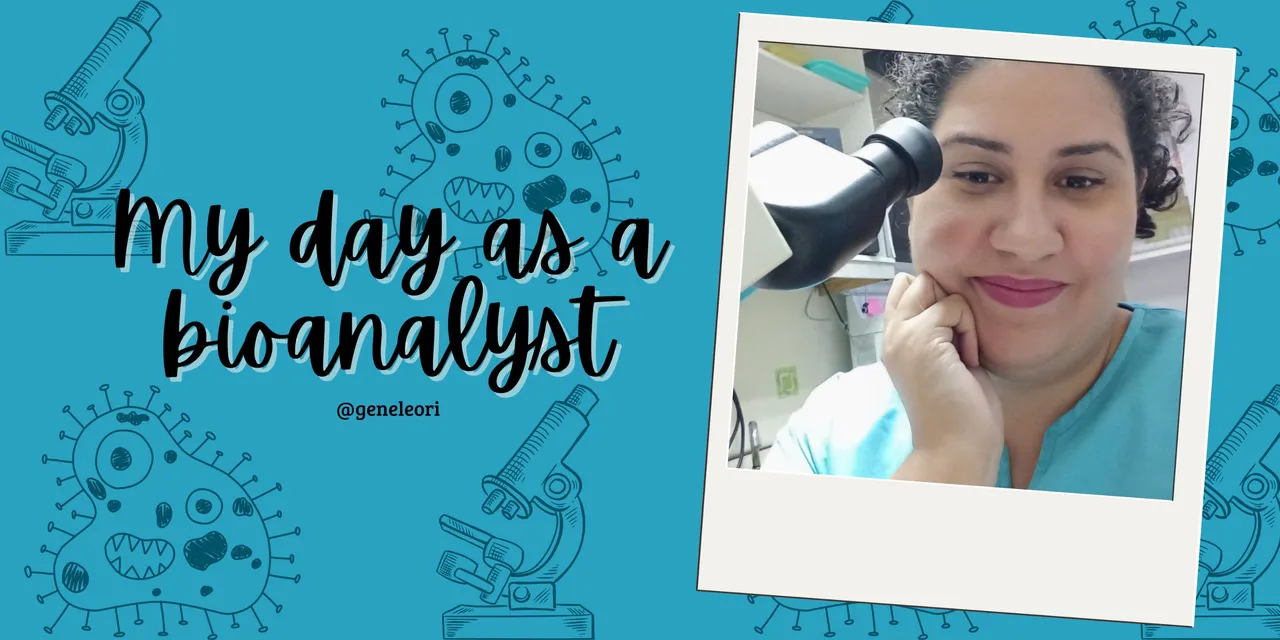
Hi hivers! 💜
I hope you are well and happy. May was quite a busy month because I was busy doing a lot of things while June is bringing a lot of changes. As some of you know I have a degree in bioanalysis and haven't practiced since the pandemic, so since I had some free time in May I decided to take a tour of a lab I worked in before and refresh my knowledge.
 |  |
|---|
In case you are not familiar with the name, bioanalysts (which in some countries are called biomedical, biotechnologists or even microbiologists) are dedicated to the study of biological fluids, such as blood, urine, feces, cerebrospinal fluid, sputum (my least favorite), among others. From those studies doctors can arrive at many diagnoses and of course give the corresponding treatment to their patients. So it is very important.
 |  |
|---|
These days in the lab were great. I remembered why I love my career, the study of the microscopic world is something fascinating. This is a lab with basic areas such as hematology (which studies hemoglobin and blood cells), biochemistry (which studies biomarkers), immunology (which studies hormones), uroanalysis (which studies urine) and coprology (which studies feces). Even so, I focus on the area of hematology looking at blood cells and in the area of biochemistry, where reactions are studied to determine levels of many biomarkers such as glycemia (blood sugar), cholesterol, triglycerides, among others.
 |  |
|---|
They were very fun and quite busy days. It's not just about processing samples, it's also about linking the symptoms the patient tells you with the results you are getting and it feels great when you see how a result explains the symptoms (well great for you, for the patient who feels bad not so much, although these results help them to get better).
Thank you for reading me
With love, G..
FUENTE
Fotos: iphone 11
Traducción: Deepl
SOURCE
Photos: iphone 11
Translation: Deepl
